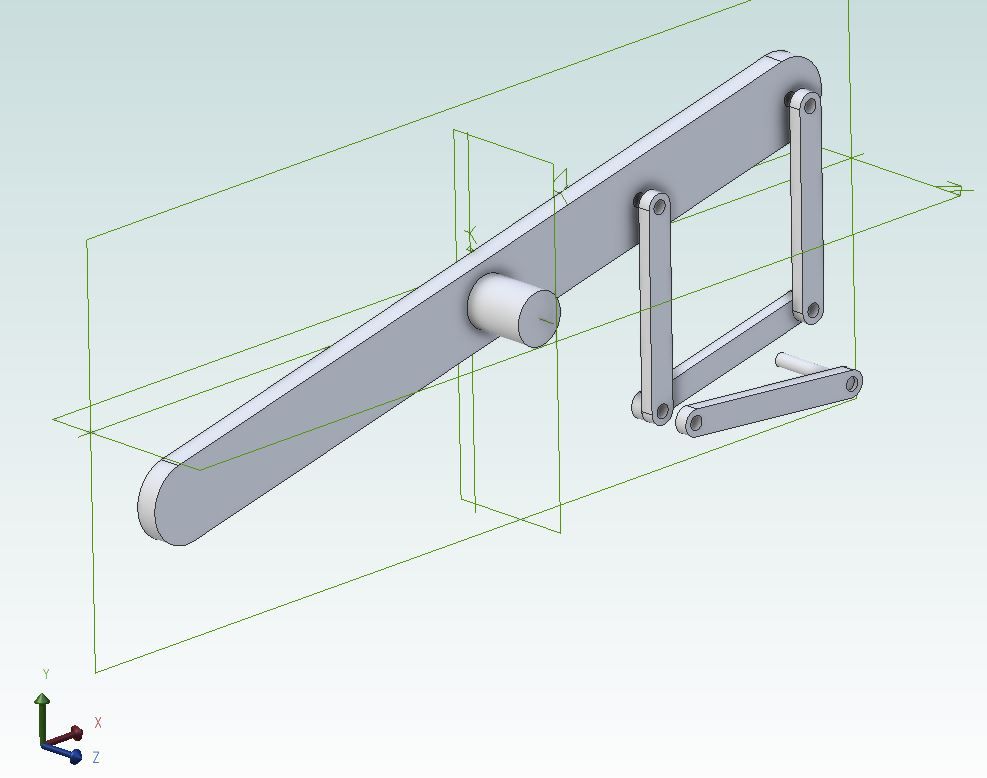Beam engine Watts Linkage
Beam engine Watts Linkage
- This topic has 22 replies, 7 voices, and was last updated 24 March 2023 at 11:54 by
geoff walker 1.
Viewing 23 posts - 1 through 23 (of 23 total)
Viewing 23 posts - 1 through 23 (of 23 total)
- Please log in to reply to this topic. Registering is free and easy using the links on the menu at the top of this page.
Latest Replies
Viewing 25 topics - 1 through 25 (of 25 total)
-
- Topic
- Voices
- Last Post
Viewing 25 topics - 1 through 25 (of 25 total)



 in the cylinder and gland cap so the piston rod was a precise fit. I decided to enlarge them to 4.9mm and rely on the ptfe plumbers tape between the caps to give a good seal.
in the cylinder and gland cap so the piston rod was a precise fit. I decided to enlarge them to 4.9mm and rely on the ptfe plumbers tape between the caps to give a good seal.

